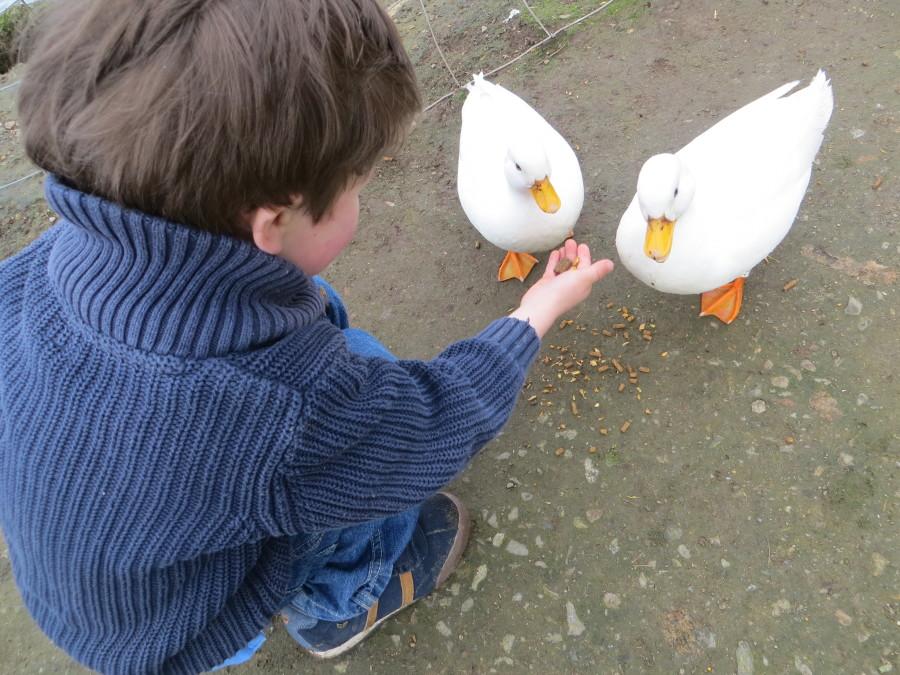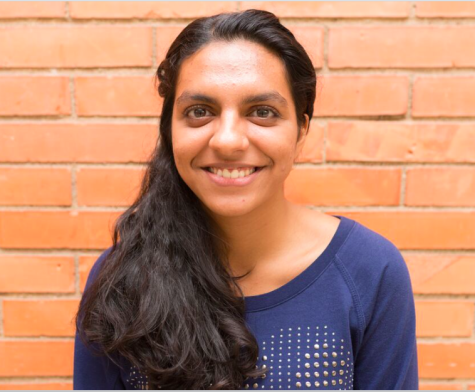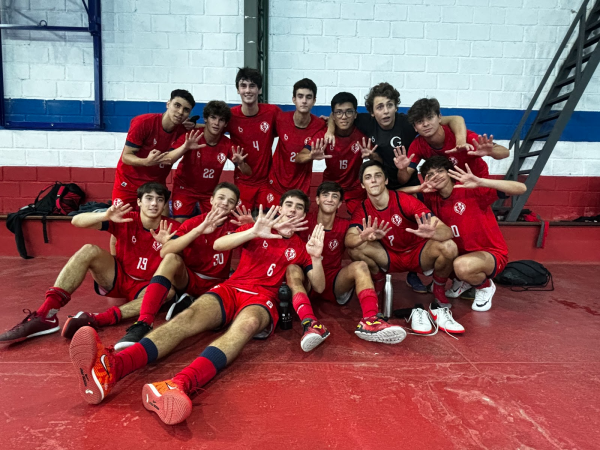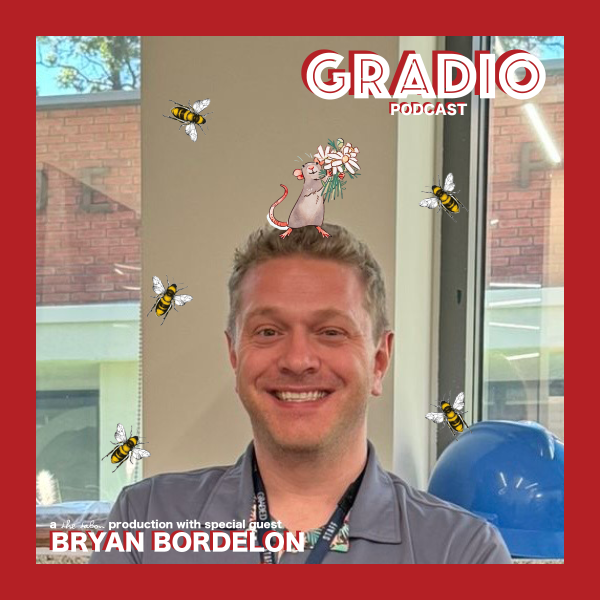Feeding ducks may not be a walk in the park
Most everyone loves going to the park and dropping a handful of crumbs into the water for ducklings. It’s the pastime of Blair Waldorf, several Disney princesses, and enthusiastic four year-olds. It is wonderful to watch as wild animals compete for one’s attention and food. But is this gentle pastime as good for our ecosystems as we assume?
Scientists have long known that a bread-rich diet, especially white bread, can make wildfowl ill, or even deformed, in some cases. And it has recently been found that undigested bread can hurt our environment to a greater extent than previously thought.
Rotting bread encourages the growth of several type of algae that are detrimental to the river ecosystem. Algae that form on the surface—surface algae—release nitrates and phosphates, which causes that fishy smell often associated with ponds. They also give off toxins that can damage fish populations. Another type of algae growth encouraged by rotting bread is filamentous algae. These algae grow up towards the bread from the bottom of the pond, creating chains and threads that slow down the river flow, deadening the environment and leading to more stagnant water.
This build-up of bread also attracts vermin such as rats, whose urine transmits Weil’s disease, an infectious bacterial disease that can cause acute kidney injury. This disease can also affect the beloved ducks, recipients of the well-meaning bread, getting into their lungs and killing them. And as we’ve all seen in numerous experiments with bread, it can host a variety of unpleasantries, such as mould.
Feeding birds is something that people have done for generations and we definitely don’t want to discourage that. But we have to think about how we do it.
— Richard Bennett
But is Blair Waldorf to blame for the diminishing quality of pond-life? Canal and River Trust’s environment manager Richard Bennett says no. “Of course, bread’s not the only thing that causes the problem. It wouldn’t matter if you fed ducks in a clear, nutrient-free environment like an upland stream, but people are more likely to do it in towns and cities.”
And, as we all know, the quality of water in urban areas is not as pristine and pure as we would like it to be. Water in urban areas often carries pollutants, dirt and god-knows-what else. Due to this, water in urban areas is more opaque, making it difficult for sunlight to get through to any underwater plants and marine life. Throwing bread also exacerbates this problem of sunlight reaching the bottom of the pond in combination with all these other factors.
So what can we do? Are we supposed to stop providing bread to our friendly little fowl? Fortunately, Bennett has found a way. If you are ever in the mood to feed a web-footed friend, he suggests dropping the food you’ve brought at 50 meter intervals. This way, the wildlife of the ponds are fed, you reduce unnecessary concentrations of algae, bacteria, bird poop, and watch ducks fight to earn it.
“Feeding birds,” Bennett explains, “is something that people have done for generations and we definitely don’t want to discourage that. But we have to think about how we do it.”
Source: BBC















